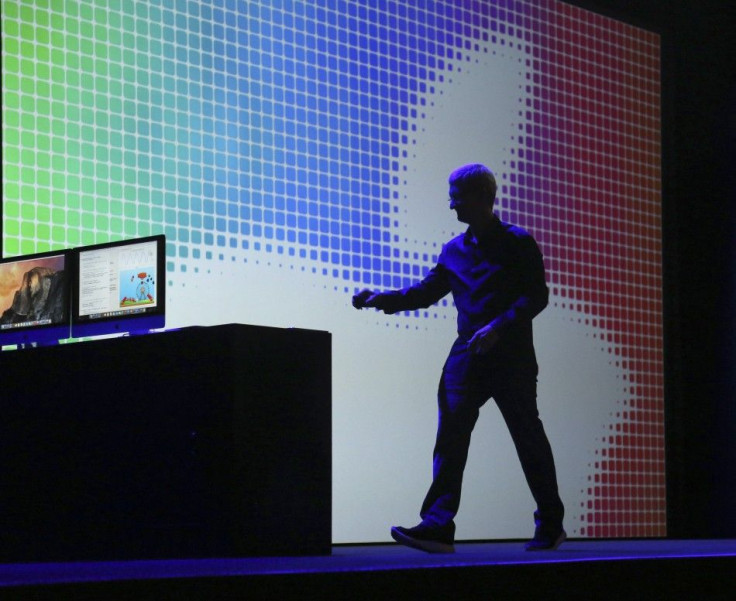'Android is Insecure,' Apple Reaches out to Developers Pointing Android Security Flaws

When Tim Cook took the stage during the Worldwide Developers, Apple's pitch became clear. The tech giant has been working on transforming its operating system to ensure programmers do not make the switch to Google or other competitors. According to Apple's CEO, the company has been exerting efforts to turn the iOS friendlier to developers creating better interaction between Apple devices and third party applications. More importantly, Apple has also brought up security flaws and issues in Android which the iOS can address.
According to The News Tribune, Google has been attempting to get more designers and coders to develop programs under the Android mobile operating system. Apple countered that with the WWDC promising better access and controls to developers to make sure they stay. According to the tech giant, the company will be introducing new ways to search for applications and program languages. These new methods will help developers create apps faster. Apple has also been looking into developing tools to ensure programs or apps can interact seamlessly together.
Apple's announcements featured the most comprehensive alterations for developers since it introduced the App Store. This almost gave Apple a certain lock on programmers although Google has been challenging this position.
According to Carolina Milanesi, research chief at Kantar Worldwide studying the mobile sector, Apple has been going the extra mile to make sure developers stay with them. More importantly, Milanesi said that Apple wants to put the message across to programmers: "we wouldn't be here if it weren't for you." This does not mean Apple does not acknowledge the role of developers. According to Tim Cook: "From all of Apple, thank you very much."
In a report by Android Headlines, the website highlighted constant arguments that Android has always been malware-prone and unsecure. The report even emphasized accusations saying that "Android is Insecure." Although no mobile operating system is truly resilient to threats, the very open nature of Android makes it more prone to security issues. Third party entities can change the source code easier than iOS. Android came from an open-source orientation allowing users to tailor and learn the systems allowing for abuse.
Google may address this soon at the upcoming I/O event.




















